Three students have got a great green idea for CBS – now they are going to New York

Three students from University of Copenhagen and CBS came up with the best idea for last weekend's Sustainable Campus Hackathon. Now, they are going to New York in order to present it. (Photo: Søren Degn Pedersen)
Imagine a point system in which you could earn points each time you did a sustainable deed; such as, biking to CBS. This sums up an idea conceived three students from CBS and the University of Copenhagen at last weekend’s Sustainable Campus Hackathon. The idea was brilliant enough to earn the group a trip to PRME’s office in New York in order to present it next year. Furthermore, a task force is working on getting the idea implemented at CBS.
They didn’t know each other beforehand, but nevertheless, Stine Eiersholt from the University of Copenhagen, Lena Tünkers and Laura Van Den Berghe, both from CBS, won the innovation challenge Sustainable Campus Hackathon, which ran from the 17th to the 18th of November at the Student and Innovation House.
The purpose of the Sustainable Hackathon was to get students to come up with ideas that would make CBS more sustainable. The idea of a point system in which students and staff can earn points each time they do a sustainable deed on campus, was the best among 20 other ideas, which were presented to the jury. Next year, as the winners, they will go to New York in order to present their idea to the PRME Office, and have it implemented at CBS.
“The point system, called SUPO, should encourage students and staff to act sustainably. We chose to focus the SUPO system on the bike problem. If we had a bike shed the students would have a secure place to park their bike, and not have it ruined by bad weather. Each time they bike to CBS, they use can their student or staff card to get access to the bike shed, and earn points,” says Stine Eiershol, who studies a master program in climate change.
Laura Van Den Berghe, who is from the Catholic University of Leuven in Belgium, is doing an exchange at CBS and taking courses in sustainability and technology, adds:
“But this point system could also work with other projects at CBS and be scalable for other universities as well.”
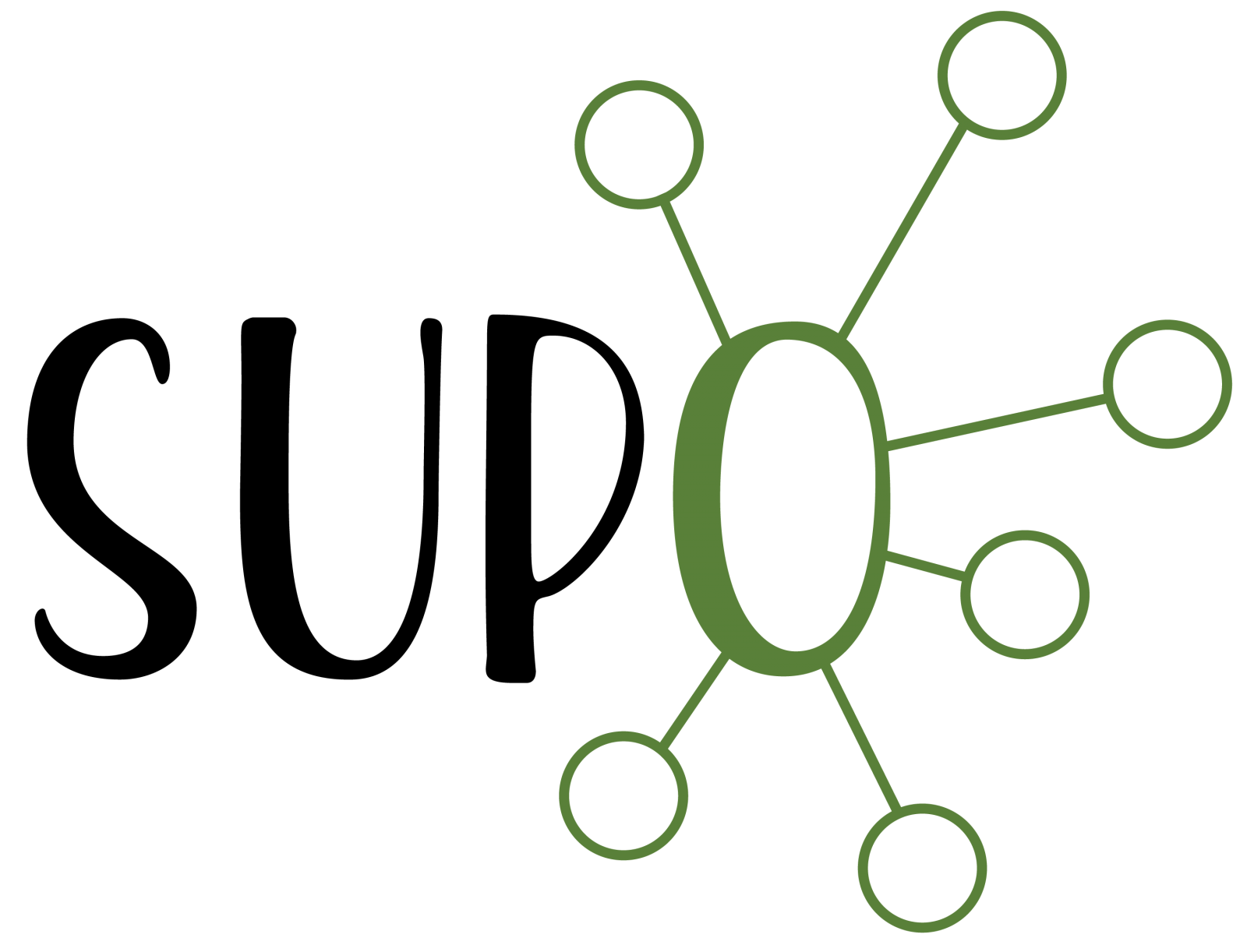
Get out of your comfort zone
In total, 67 students from the different universities including CBS, University of Copenhagen, the Technical University of Denmark, Roskilde University, the IT University in Copenhagen, and several others, took part in the hackathon, but about 130 students applied for the event. Due to limited space at the Student and Innovation house only 67 could get a place.
A lot of the students who signed up for the event, signed up on their own, not knowing anyone. This was the case for Stine Eiersholt, Laura Van Den Berghe and Lena Tünkers, who ended up in a group together, focusing on the theme green infrastructure.
“We decided in our class that we wanted to participate in this, so 11 of us signed up, but I wanted to be in a group with strangers,” explains Lena Tünkers, who studies a master in Innovation and Entrepreneurship at CBS.
Becaus meeting new people is what sparks innovation, points Stine Eiersholt.
“Being innovative is all about getting out of your comfort zone and meeting new people is a part of that,” says Stine Eiersholt.
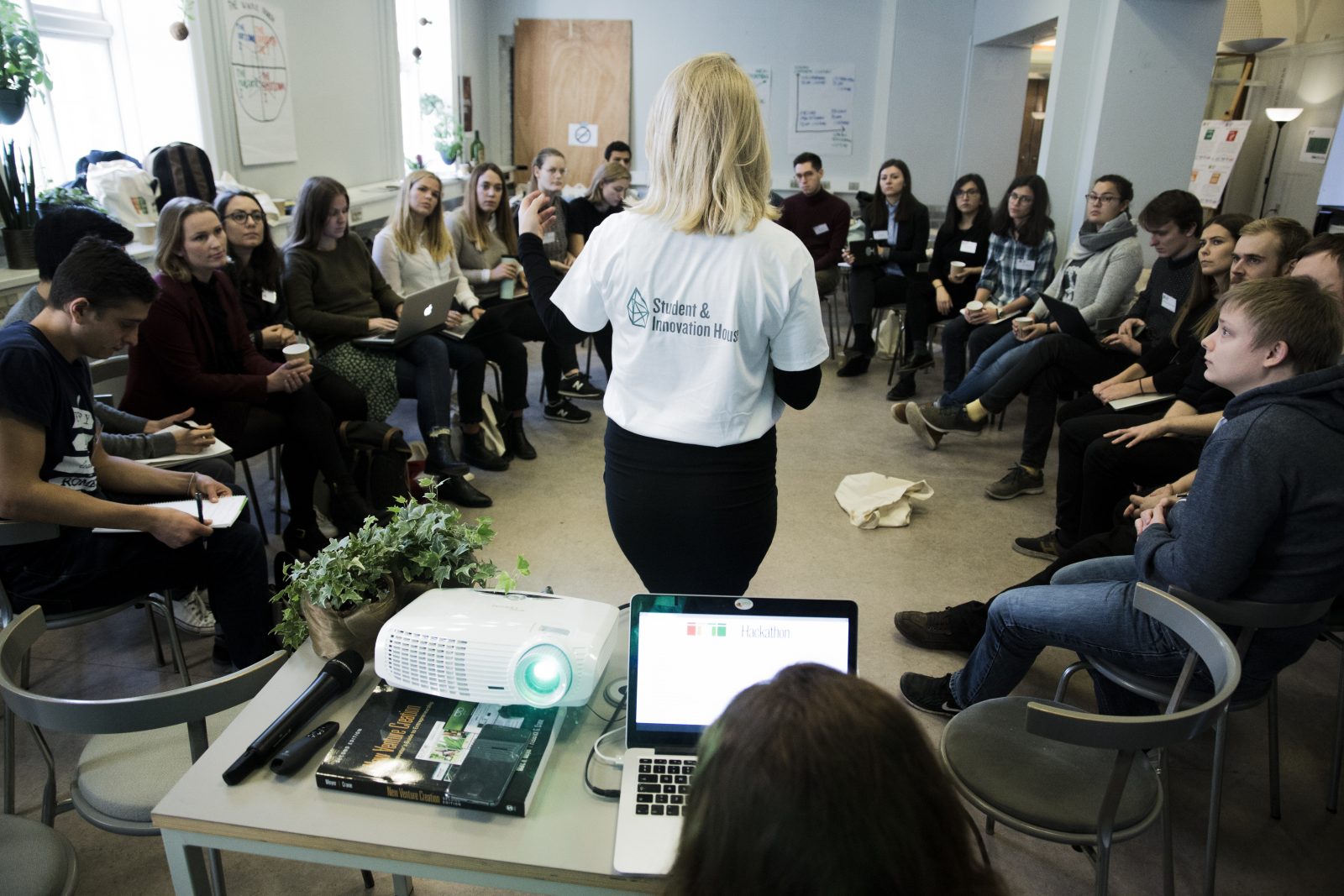
She has been taking part in case competitions before, and would have signed up for something like this if it was at her own university. But to her, it means a lot to meet other kinds of students.
“I think it’s healthy to meet other people with a different starting point and to be curious about them and other places. I mean, we are just students who care about sustainability, and we should bring that into new jobs, start-ups, or further education,” she says.
Changing the world of tomorrow
Maria Flora Andersen, co-founder and member of the steering committee at the Student and Innovation House, is amazed that this many students have applied to be a part of the event, which was held for the first time. She thinks that the students are of a generation who want to take action in regards to making their surroundings more sustainable.
“I believe that we have grown up in a time where it’s been dinned, into us that the world is changing. If we don’t change, we will be confronted with different scenarios of catastrophe. At school, we learn about these problems, but we are missing the practice needed to solve them,” she says and adds:
“It’s extremely demotivating to spend three years finishing your bachelor, but the final project is only read by two persons and you mom – if you’re lucky. The students want to see what impact they can make, and the students we have caught the attention of, are the ones who want exactly that.”
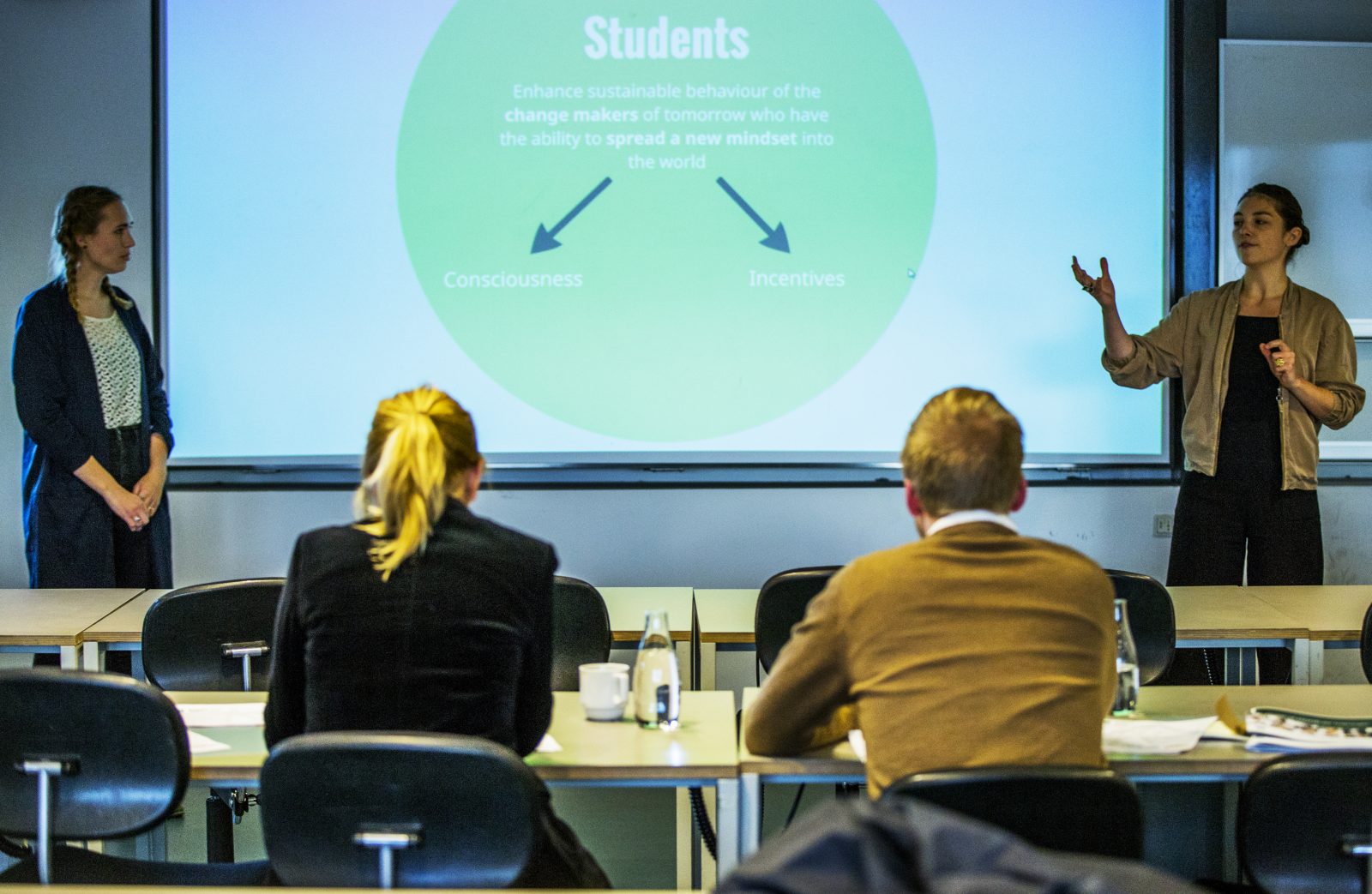
Stine Eiersholt agrees with Maria Flora Andersen. As she sees it, she wants to make an impact herself, and she needs to do so before she asks others to do the same.
“I think there’s a lot of focus on sustainability, but nothing is really done. Which is why I want to take part in these kinds of things. I mean, how can you expect others to do something and be more sustainable if you aren’t yourself?” asks Stine Eiersholt.
Students need to take action as well
But whose responsibility is it to make CBS more sustainable? Is it Campus Services, Senior Management, the staff, or students?
According to Maria Flora Andersen, students cannot expect certain parts of CBS to handle the question of sustainability alone. They need to take action as well.
“Isn’t it the students’ responsibility too? At the Student and Innovation House we think so, and we think that we as students shouldn’t ignore this sustainable transition. Students have an important role to play, so that our wishes for a more sustainable campus aren’t a management issue alone,” she says.



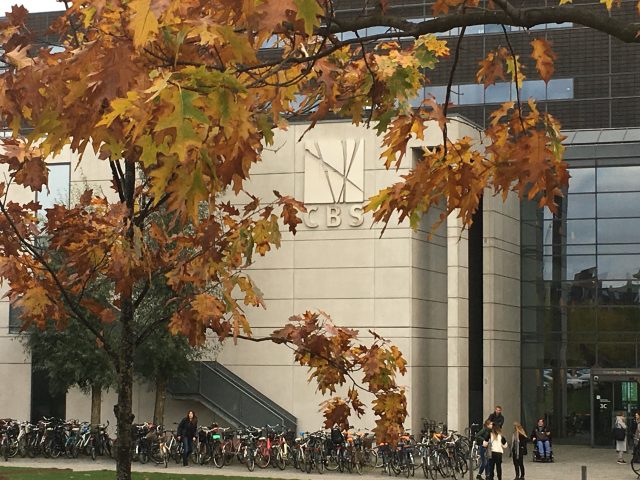
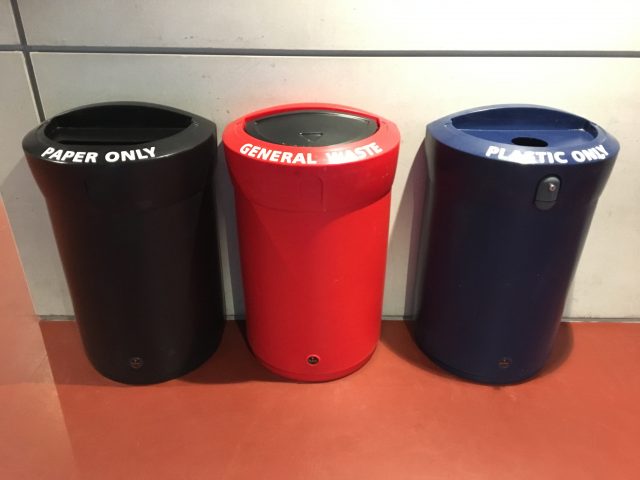
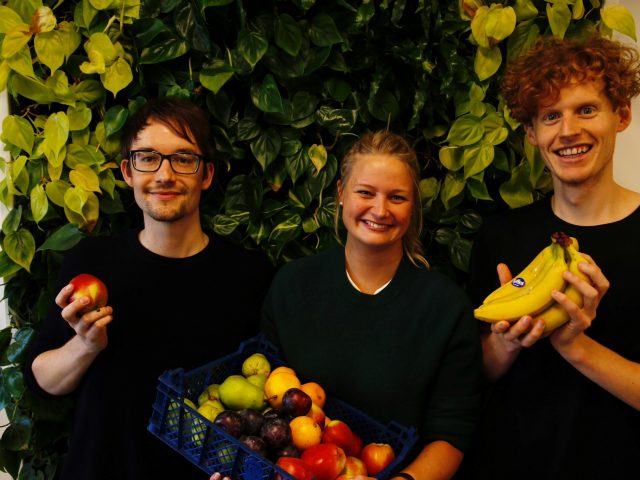
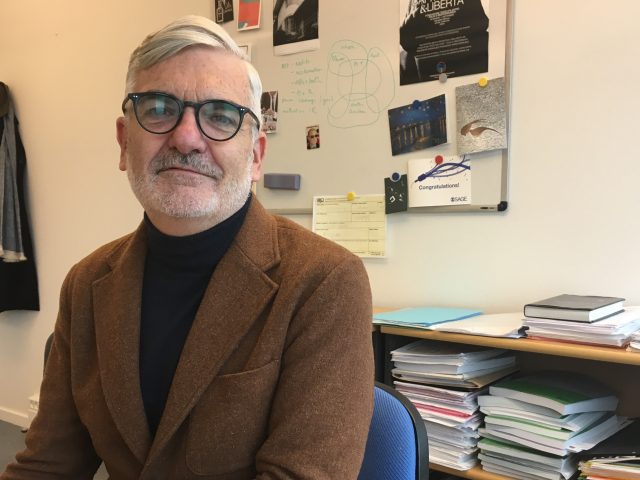
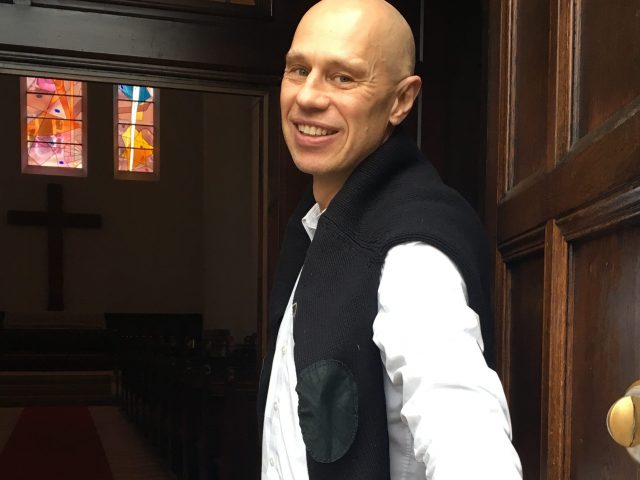




























































































































Comments